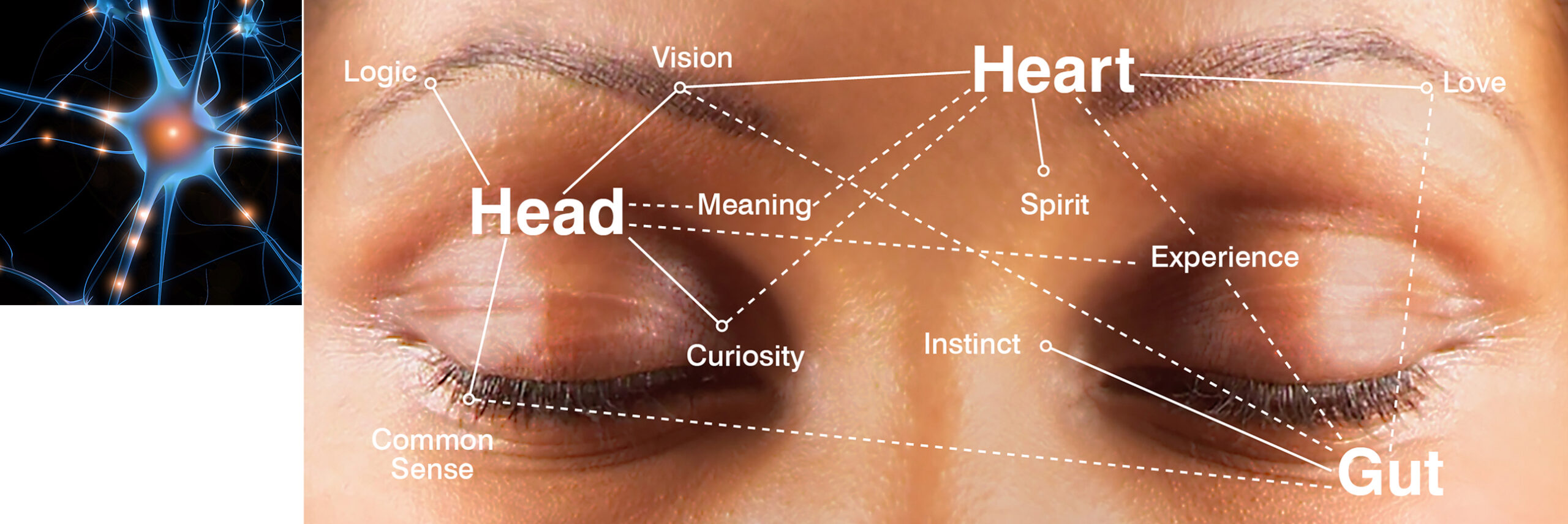
Chasing Consciousness
Free Conversations
Friday, September 16, 2016
5:00 PM–6:00 PM
Join Project Y-0 for a series of free talks and dialogues that explore the concept of consciousness and its role in our lives. These Friday night programs, co-presented by YHouse, Inc., raise questions with no easy answers.
Friday, September 16 Conversation: Origins of Awareness with Ryota Kanai, Caleb Scharf and Erik Hoel, moderated by George Musser.
Three leading scientists—Ryota Kanai (neuroscientist and CEO of Araya Brain Imaging), Erik Hoel (complex systems and consciousness researcher at Columbia University), and Caleb Scharf (origins of life and astrobiology researcher at Columbia)—will discuss an area that current neuroscientific research tends to ignore: awareness.
The speakers will lead a conversation that addresses provoking questions about awareness:
- How do we become cognizant of our surroundings and ourselves?
- How do our brains juggle myriad inputs and decide what to focus on?
- How can a machine achieve the same functions?
Kanai, Hoel, and Scharf are founding members of YHouse, a new, New York-based brain research institute. The conversation will be moderated by the award-winning journalist George Musser, author of Spooky Action at a Distance and The Complete Idiot’s Guide to String Theory.
About the Speakers
Ryota Kanai is the founder & CEO of ARAYA Brain Imaging. He is well-known as one of the world-leading researchers in structural and functional neuroimage analysis. After graduating from Department of Biophysics, Kyoto University, Ryota earned his PhD in Experimental Psychology from Universiteit Utrecht (The Netherlands). He worked as a postdoc in Caltech (with Prof. Shin Shimojo), University College London (with Prof. Vincent Walsh and Prof. Geraint Rees), and started his own laboratory in University of Sussex.
Caleb Scharf, Director of Astrobiology, Columbia University, works in the fields of exoplanetary science and astrobiology, and writes extensively about science for a popular audience. Exoplanetary science is devoted to the discovery and characterization of planets around other stars, and understanding the formation, histories, and properties of these planets. One ultimate goal of this research is to find planets that could harbor recognizable life, and to detect the presence of that life—an effort that falls under the banner of astrobiology.
Erik Hoel is a postdoctoral researcher at Columbia University in Rafael Yuste’s lab and also a periodic visitor at The Institute for Advanced Study. Previously a graduate student at Giulio Tononi“˜s Sleep and Consciousness Lab, where his research was funded by the John Templeton Foundation as part of their research on Science and the Big Questions.
George Musser is a contributing editor at Scientific American magazine and the author of two books, Spooky Action at a Distance and The Complete Idiot’s Guide to String Theory. He is the recipient of the 2011 American Institute of Physics Science Writing Award and the 2010 American Astronomical Society’s Jonathan Eberhart Planetary Sciences Journalism Award. He was a Knight Science Journalism Fellow at MIT from 2014 to 2015.
These free conversations and presentations will take place in the Art Lounge between 5:00 and 6:00 p.m. on Fridays this fall. No ticket required.

